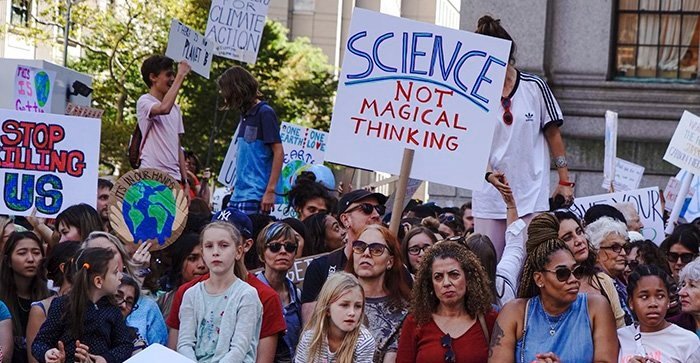
Finding popular solutions to climate change
Finding popuplar solutions
A global investigation of public opinions about climate policies and their determinants.
The world is in the midst of a climate crisis. The severity of its natural and human consequences will depend on how societies act to combat it. A significant barrier to political action is that climate policies often meet public opposition, including being defeated in referendums and sparking voter backlash.
To overcome this obstacle, this research project aims to identify effective climate policies that garner widespread support, thereby informing politically viable climate mitigation strategies. We will conduct a global survey on public opinion toward 30 climate policies in 138 countries. The survey will also investigate determinants of policy opinions, with a focus on beliefs about policy impacts, both positive (e.g. climate benefits) and negative (e.g. costs), and subjective evaluations of such impacts (e.g. concerns about fairness).
A better understanding of the determinants of policy support is crucial for designing more popular climate policies and effectively communicating them to the public. The global data collection will produce urgently needed information on public support for a broad range of climate policies, and empirically validated knowledge about determinants for policy approval. In addition to yielding scientific publications, the results will be presented in a report providing evidence-based recommendations for stakeholders and policymakers, facilitating the design and implementation of impactful climate action.
More about the study
You can find more information about this study at www.iffs.se/en.
Project members
Dr. Pontus Strimling, research leader at the Institute for Futures Studies, on the theme "New Technologies and the future of humanity". His work focus on changes of patterns on a societal level depending on large quantities of individual events.
Kimmo Eriksson, professor of mathematics/applied mathematics at Mälardalen University. Current main interest is social norms and opinions on moral issues. He studies both how they change over time and how they vary between different groups and between different cultures
Malcolm Fairbrother, professor of sociology at Uppsala University, and a researcher at the Institute for Futures Studies. His other ongoing projects address the decoupling of greenhouse gas emissions from economic growth, political trust, and public attitudes towards environmental problems and policies.
Dr. Steven Karceski
